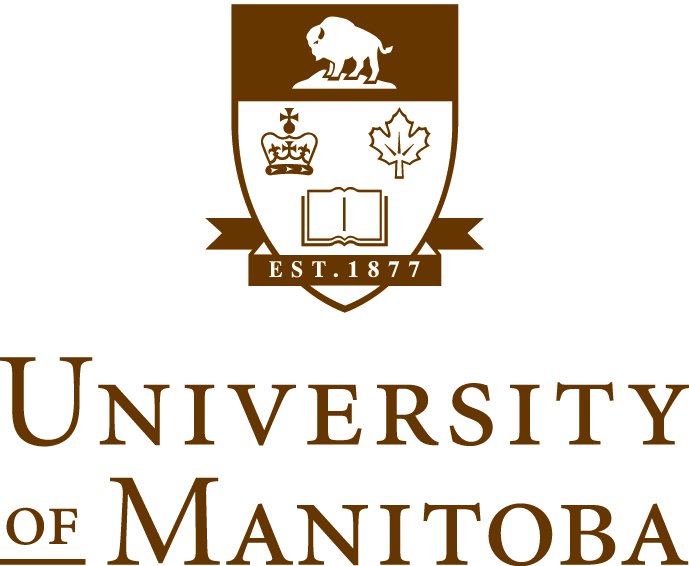|
Maps | CEOS | Dept. of Environment & Geography | Faculty of Environment | Libraries
OSICA Consortium (Oil Spills in Ice-Covered Arctic Waters) |
||
|
|
|
|
|
|
|
|
|
|
OSICA (Oil Spills in Ice-Covered Arctic waters) Consortium
OSICA is a Canadian-led, multi-sectoral (academia, industry, government, communities) consortium with a mandate to improve policy and practices dealing with spills of oil and related contaminants in ice-covered Arctic waters by prioritization and communication of research and development activities.
February 2018: Full application for an NSERC OSICA Network submitted
July 2017: Pre-application for an NSERC OSICA Network successful
We are now invited by NSERC to submit a full proposal, which is due February 2018. An information session will be held at the upcoming 40th AMOP Technical Seminar on Environmental Contamination and Response, October 3–5, 2018, in Calgary, Alberta, Canada. For further information, please contact OSICA Lead Scientist Dr. Fei Wang.
April 2017: Construction of the Churchill Marine Observatory (CMO) started
Construction of the much anticipated CMO has officially started in April 2017! Adjacent to North America’s only Arctic deep-water port in Churchill, MB, CMO is the first research facility in the world that is located in the Arctic and dedicated to the study of spills of oil and other transportation related contaminants in Arctic waters. The core CMO infrastructure is comprised of 1) the outdoor Oil-in-Sea-Ice-Mesocosm (OSIM) with two pools, which is designed to simultaneously accommodate contaminated and control experiments on various scenarios of oil (and other transportation related contaminants) in ice-covered waters; and 2) the Environmental Observatory (EO) system, which is a network of state-of-the-art sensors and equipment located in the Churchill estuary and along the main shipping corridor across Hudson Bay to Baffin Bay. With a total infrastructure funding exceeding $44M from Canada Foundation for Innovation (CFI), POLAR, the provinces of MB, AB, and BC, and numerous partners, CMO will become operational by May 2018. For further information, please contact CMO Lead Scientist Dr. David Barber.
March 31, 2017: Pre-application for an NSERC OSICA Network submitted
Building upon the discussion at the aforementioned OSICA workshop, a pre-application has been submitted to NSERC’s Strategic Partnership Grants for Networks program to fund an NSERC OSICA Network. The pre-application was led by Dr. Fei Wang with the participation of 28 academic researchers from 10 universities (Calgary, Manitoba, Queen’s, Ottawa, McGill, Laval, INRS-ETE, UQAR, Dalhousie, and Memorial), 13 collaborators from partner organizations, and 4 international collaborators. The pre-application is currently under review by NSERC. If successful, a full proposal will be developed over the summer. For further information, please contact OSICA Lead Scientist Dr. Fei Wang.
March 14, 2017: Canadian OSICA Consortium formed
The Canadian OSICA Consortium was formed at the OSICA inaugural workshop held in Winnipeg in March 2017. The working version of the mandate of the OSICA Consortium is to be “a national, multi-sectoral consortium to prioritize and communicate research and development activities to improve policy and practices dealing with spills of oil and related contaminants in ice-covered Arctic waters.” This mandate will be revisited at the next OSICA meeting. For further information, please consult the OSICA website. Anyone who is interested in joining the Consortium, please contact the OSICA coordinator Ashley Elliott.
March 13–14, 2017: OSICA Inaugural Workshop
A total of 66 people attended the first OSICA workshop at the University of Manitoba, Winnipeg, March 13-14, 2017. The workshop was co-organized by Dr. Feiyue (Fei) Wang of the University of Manitoba and Dr. Carl Brown of Environment and Climate Change Canada (ECCC), under the sponsorship of NSERC, Research Manitoba and the University of Manitoba. The workshop resulted in the formation of a Canadian OSICA Consortium (see Item 2 below), as well as new opportunities to coordinate funding and logistic efforts in oil spill research, technological development and policy making in response to potential oil spills in the Arctic. The attendees of the workshop included experts and stakeholders from academia, government, industry, and Northern Indigenous communities and organizations. Three international experts from Finland, UK and Norway also attended the workshop.
|
|
|
|
|
|
